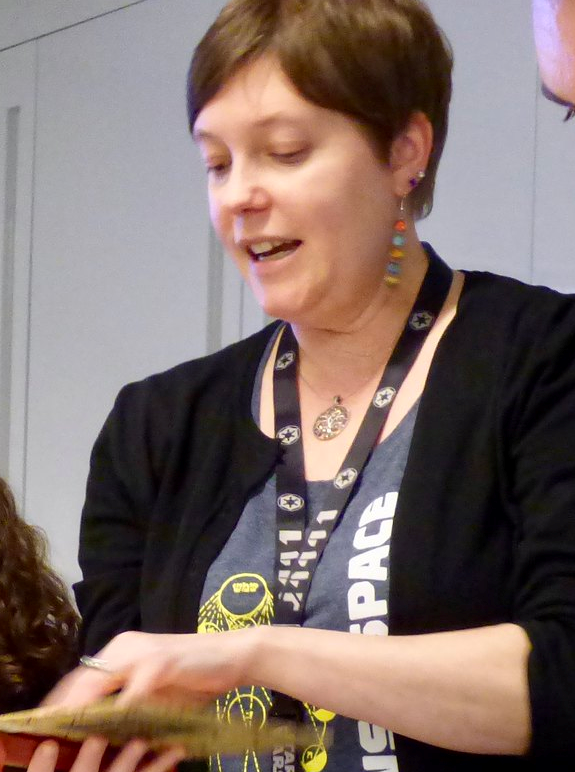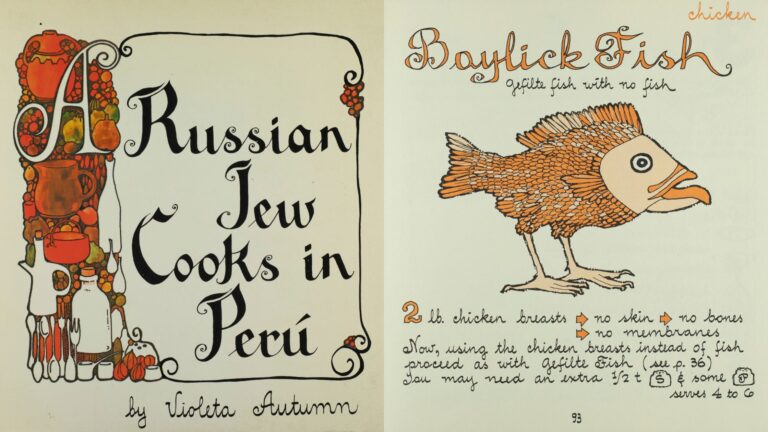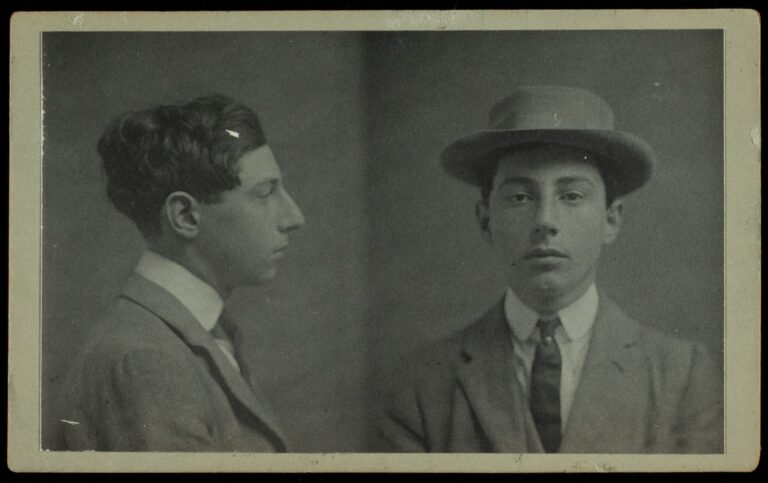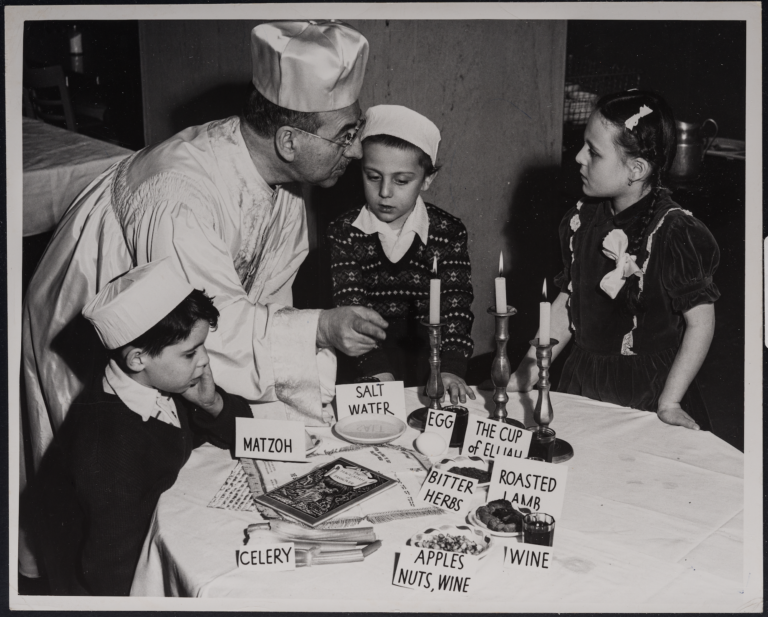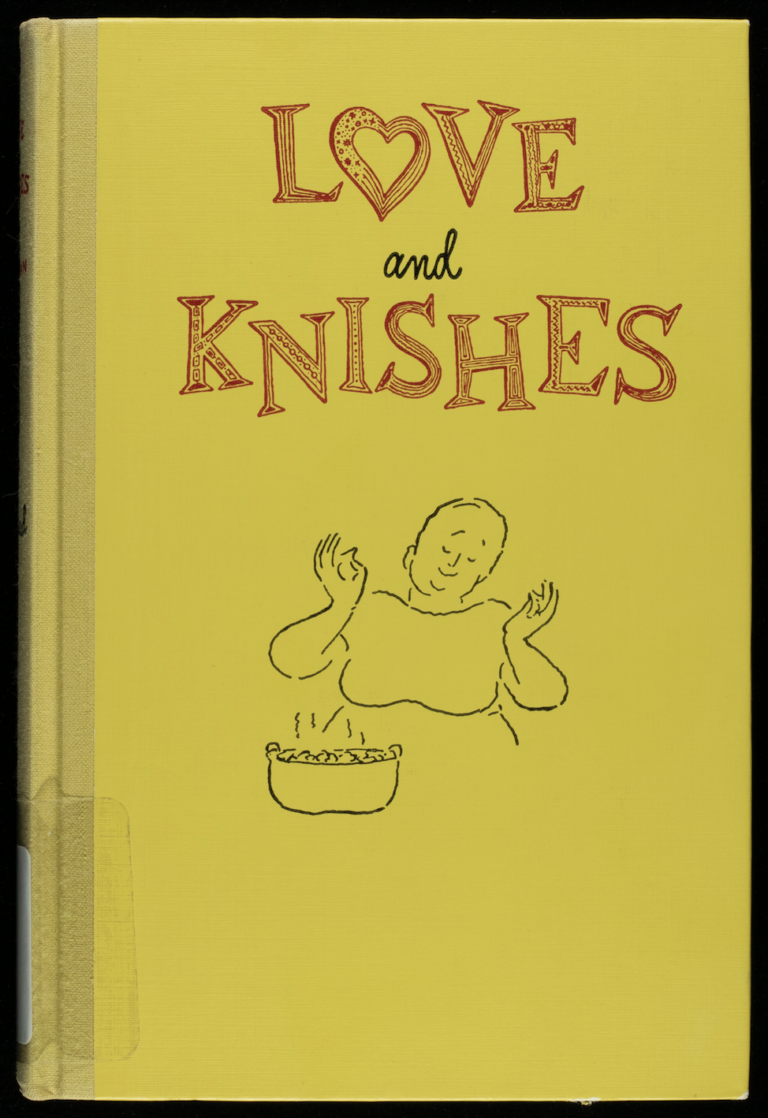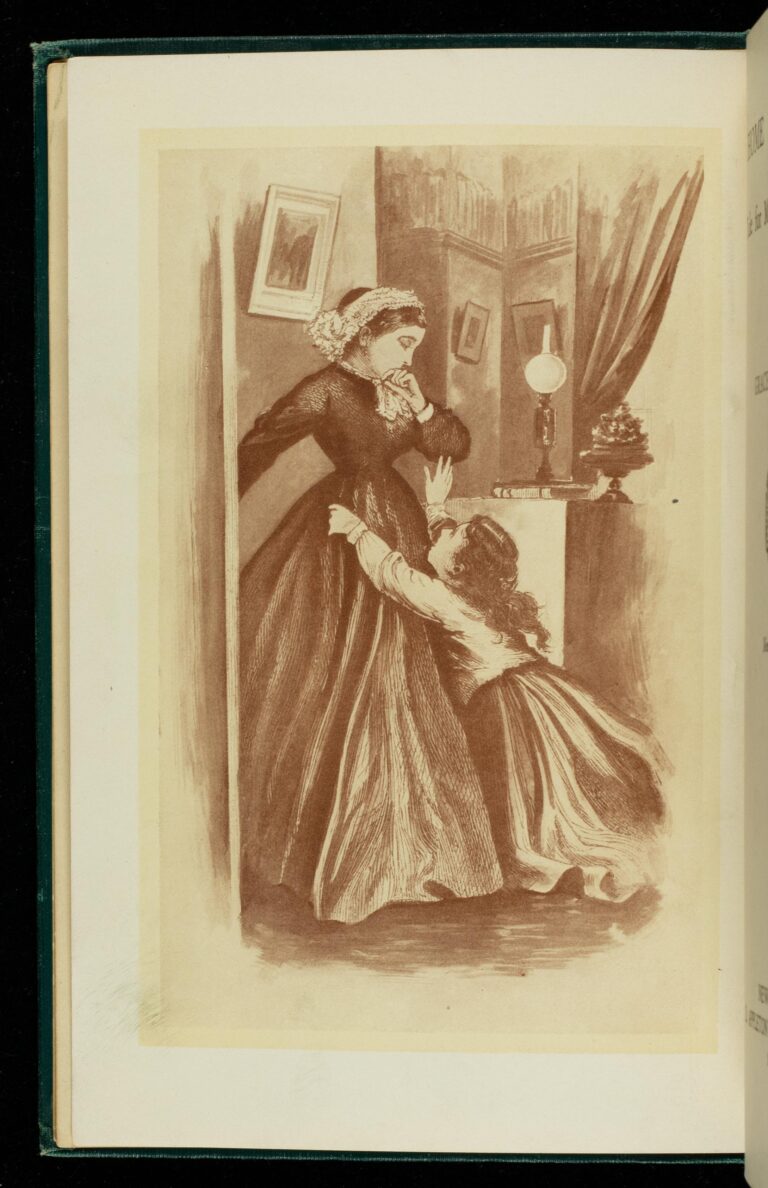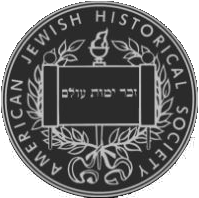The collection of the Baron de Hirsch Fund (AJHS call number I-80) has been a core collection of the AJHS archives for decades. It has enjoyed consistent and steady use by researchers of all levels and interests; the information in the collection has also been invaluable to those engaged in genealogical research. The Baron Maurice de Hirsch and his wife Clara established the Fund in New York City in 1891. Distraught after the death of their son, Lucien, they decided to devote a considerable amount of their fortune to philanthropic works benefitting the Jewish community worldwide in his memory.
In the late 19th century, Jewish immigration to the United States was rising with every passing year, and the de Hirsch family felt that the best way to help lift the new arrivals out of poverty was to provide resources for families to improve their wage-earning capacity. To that end, the Baron De Hirsch Fund provided substantial financial resources to the establishment of trade schools and agricultural colonies in order to give new immigrants the opportunity to learn a trade, or develop skills related to farming and agriculture. Further, the Fund also offered mortgages to new immigrants, enabling them to own property; for many immigrants, this would be the first time such an opportunity would be available to them.
This collection primarily documents the trade schools and agricultural settlements, which is why it is so valuable to such a varied pool of researchers. While the Fund donated the core of this collection decades ago, we have received many additions over the years from both Fund employees, beneficiaries, and their families. These donations provide important additions to the collection, fleshing out subject areas that would otherwise have not been documented.
And now, AJHS is pleased to announce the recent addition of one such important donation: the donation of The New England Hebrew Farmers of the Emanuel Society’s Minutes and Ledger Book, 1892-1933. This ledger, handwritten in Yiddish, documents one of the oldest agricultural settlements in Connecticut, and includes a governing constitution from 1894. Founded by Russian-Jewish immigrants, who also established a synagogue on the site in 1892, this site was the beneficiary of financial support from the de Hirsch Fund in the late 19th and early 20th century. The Fund lent monies to the group to build Connecticut’s first rural synagogue and a steam-powered creamery on the site, now listed on the National Register of Historic Places.
This beautifully bound ledger was preserved and maintained by the descendants of the original residents of the colony; specifically, Nancy R. Savin, President of NEHFES and the great-granddaughter of the leader of the original community. NEHFES is an organization of direct descendants of these early residents, which funded a translated facsimile edition (from the original Yiddish to English) of the Minutes and Ledger Book, available through the AJHS library collection. In addition, they facilitated the digitization of this Book in 2017 via the Yiddish Book Center’s Steven Spielberg Digital Yiddish Library. Their website has a wealth of information about the site, including maps, photos, and other land records that help to illustrate the importance of the site. We are thrilled to add the ledger and facsimile to our collections here at AJHS.
Sadly, not all items in the original Baron de Hirsch collection share the excellent condition of these additions. Due to the age of the original collection, and the quality of the paper and ink used by its creators, time has not been kind to the increasingly fragile paper. AJHS had the collection microfilmed many years ago in order to maintain researcher access to the fragile records, but the microfilm itself is now decades old, and deteriorating.
AJHS, in collaboration with our colleagues at The Center for Jewish History, were awarded a generous grant from the IMLS (Institute for Museum and Library Services) to digitize the collection in its entirety; that’s 109 linear feet in 188 manuscript boxes, ensuring access for generations of researchers to come. This project is underway, and will be complete in 2025.

